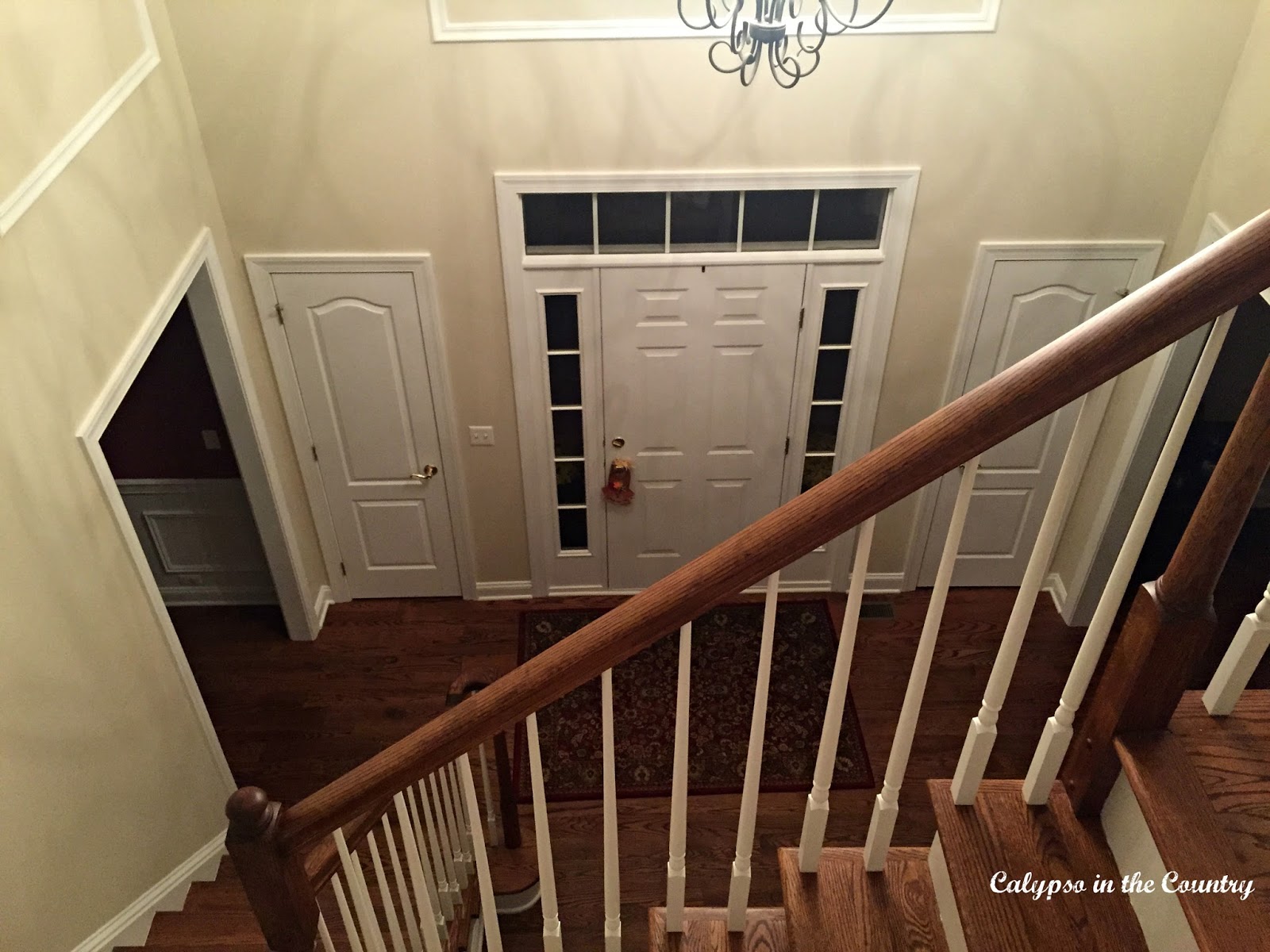White Sand Paint by Benjamin Moore: A Deep Dive

Is there a single paint color that can evoke the serene tranquility of a beach vacation while also offering the sophisticated backdrop for a modern living room? Benjamin Moore White Sand paint aims to be that chameleon, and it's making waves in the interior design world. This warm, off-white hue promises versatility, but does it live up to the hype?
Benjamin Moore White Sand, also known by its color code OC-10, presents itself as a go-to neutral. Its popularity stems from a delicate balance: warm enough to avoid a stark, clinical feel, yet cool enough to complement a variety of design styles. From minimalist aesthetics to cozy farmhouse vibes, this shade seems to adapt effortlessly.
Navigating the world of paint can be daunting. Hundreds of shades of white alone can overwhelm even the most seasoned decorator. White Sand distinguishes itself with its creamy undertones, a subtle blend of yellow and beige that adds depth and warmth without being overtly yellow. This delicate nuance is key to its versatility, allowing it to pair well with both cool and warm accent colors.
But is White Sand the right choice for every space? Like any paint color, its impact depends on factors like lighting, existing decor, and personal preference. While praised for its adaptability, some find it too warm for north-facing rooms, where natural light tends to be cooler. This exploration of Benjamin Moore White Sand will dissect its strengths and weaknesses, providing a comprehensive guide to harnessing its potential.
Understanding the nuances of White Sand is crucial for successful integration into your design scheme. This deep dive will explore the history and origins of this popular shade, delve into practical application tips, and address common concerns to equip you with the knowledge to make informed decisions about your next painting project.
While pinpointing the exact origin of White Sand within the Benjamin Moore historical timeline is challenging, its enduring popularity speaks volumes about its timeless appeal. As part of the Off-White collection, it reflects a shift towards warmer neutrals in interior design, moving away from stark, cooler whites. One of the main issues surrounding White Sand, and off-whites in general, is achieving consistency across different batches. Slight variations in pigment can occur, emphasizing the importance of purchasing sufficient paint for the entire project from the same batch.
Benjamin Moore White Sand can be defined as a warm, off-white paint color with subtle creamy undertones. Imagine the soft, pale sand of a pristine beach, and you'll capture the essence of this hue. A simple example of its application is using it as a wall color in a living room, paired with natural wood furniture and pops of color in the textiles and accessories.
Benefits of using White Sand: 1. Versatility: It works well in various spaces and design styles. 2. Creates a warm and inviting atmosphere: Unlike stark whites, it adds a touch of coziness. 3. Serves as an excellent backdrop for showcasing artwork and decor: Its neutral nature allows other elements to shine.
Action Plan: 1. Order paint samples and test them in your space under different lighting conditions. 2. Prepare the walls properly before painting. 3. Apply two coats for optimal coverage and color saturation.
Advantages and Disadvantages of Benjamin Moore White Sand
| Advantages | Disadvantages |
|---|---|
| Versatile and adaptable to different styles | Can appear too yellow in some lighting conditions |
| Creates a warm and inviting atmosphere | May require more than two coats for full coverage on darker surfaces |
| Complements a wide range of accent colors | Subtle variations in color can occur between batches |
Best Practices: 1. Use primer for optimal adhesion and color consistency. 2. Paint in well-ventilated areas. 3. Use high-quality brushes and rollers. 4. Allow sufficient drying time between coats. 5. Protect adjacent surfaces with painter's tape.
FAQ: 1. What undertones does White Sand have? Answer: Warm, creamy undertones with hints of yellow and beige. 2. What sheen is recommended for White Sand? Answer: Eggshell or satin for walls, semi-gloss for trim. 3. Does White Sand look good in small rooms? Answer: Yes, it can make small rooms feel larger and brighter. 4. What colors complement White Sand? Answer: Blues, greens, grays, and warm wood tones. 5. Can White Sand be used on exterior surfaces? Answer: Yes, Benjamin Moore offers exterior paint in this color. 6. Is White Sand a good choice for kitchens? Answer: It can be, but consider the potential for staining and choose an appropriate finish. 7. How does White Sand compare to Simply White? Answer: Simply White is a cooler, brighter white, while White Sand has warmer undertones. 8. What is the LRV of White Sand? Answer: Approximately 83.
Tips and Tricks: Use White Sand on the ceiling to create a sense of height and airiness. Pair it with darker trim for a classic look. Consider using White Sand on built-in shelving or cabinetry for a cohesive aesthetic.
Benjamin Moore White Sand paint stands out as a versatile and popular choice for homeowners and designers seeking a warm, inviting neutral. Its subtle creamy undertones, adaptability to various design styles, and ability to complement a wide range of accent colors make it a valuable tool in transforming any space. While challenges like potential variations between batches and lighting considerations exist, understanding these nuances empowers you to harness the full potential of this popular hue. From creating a serene bedroom sanctuary to a vibrant, welcoming living area, White Sand offers a canvas for realizing your design vision. Explore the possibilities and discover the transformative power of White Sand in your next project.
Elevating your space with dark grey a sherwin williams paint exploration
Transform your home with trending behr exterior paint
The enigma of 129 s classes a deep dive












